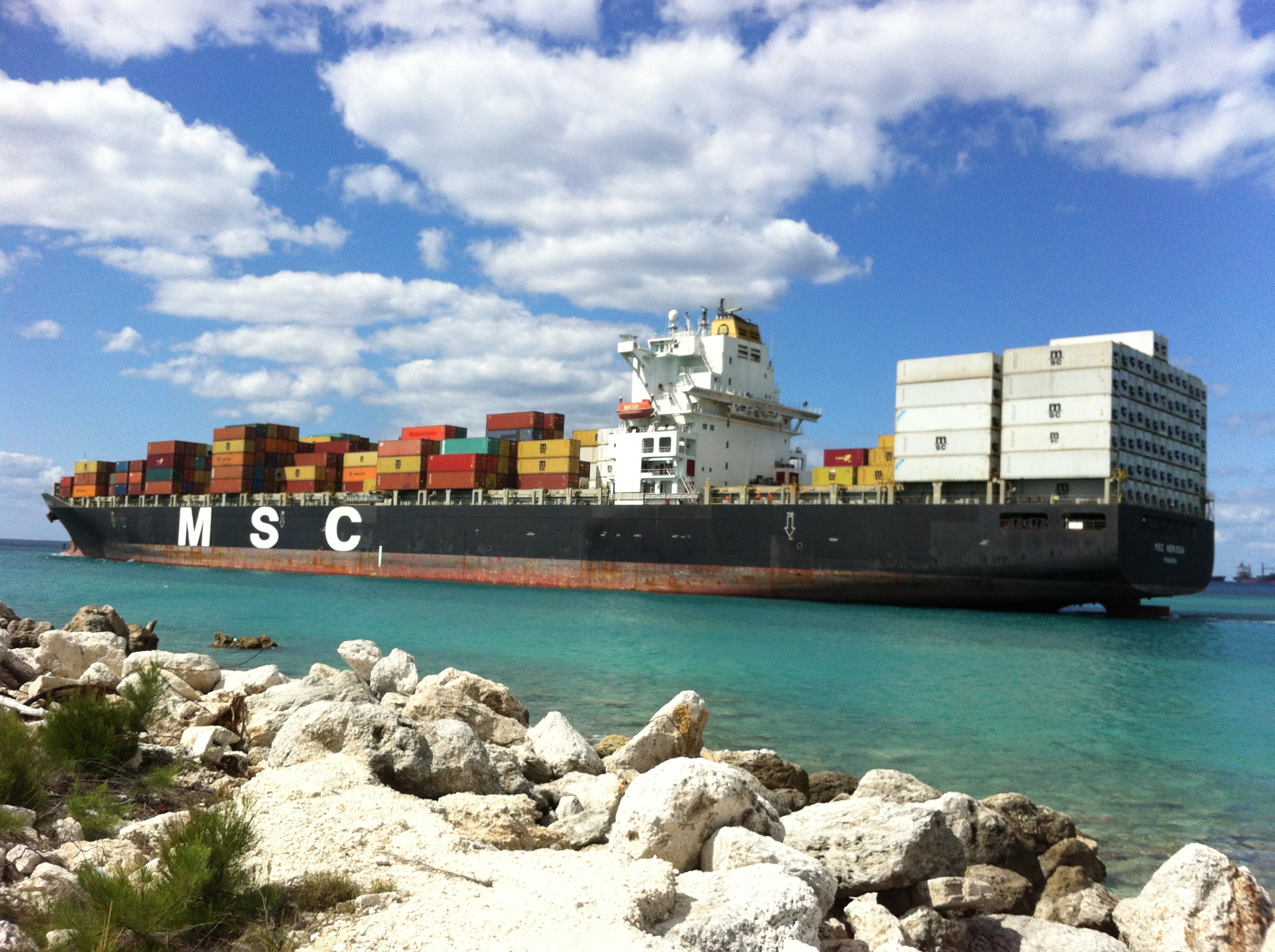The Syrian Civil War
A Military and Political Stalemate
By Dr. John Jandali
Nearly two years into Syria’s civil war, and with more than 60,000 killed and over 600,000 Syrians who have fled abroad–mainly to neighboring Turkey, Lebanon, and Jordan–there is no clear end in sight. Despite advancing in Syria’s north and east, the Syrian rebels have been unable to break a military stalemate with government forces elsewhere. The “Free Syrian Army”, composed primarily of soldiers and officers who defected from Assad’s army, is no match to the government’s larger and better-trained forces and air power. Even the added manpower and weaponry of foreign fighters and “jihadists” do not seem to have tipped the scale in favor of the opposition forces. And so, the military situation on the ground is in a relative stalemate, and the fighting could continue for at least another year or more.
I base my analysis not just on my reading of events on the ground, but on my extensive contacts with those in leadership positions within the rebel alliance.
Major international players, especially the US, Russia, and the Arab Gulf States, do not see any military solution to this conflict, and seem to agree that the only way to end death and destruction in Syria is to find a political solution acceptable to all parties. And so, Arab League/UN mediation efforts went in high gear this last year, followed by multi-national conferences in Geneva and elsewhere, all aimed at finding common ground on the Syrian civil war, but unfortunately to no avail. Opposition groups in the conflict, backed by the Arab Gulf states and the US, insist on Assad stepping down as a prerequisite for any negotiation, while Assad is determined to fight to the end and prevail.
Additionally, the Coalition leadership has recently gone on record declaring their commitment to establish a new government that will guarantee freedom of religion and expression and equal treatment to all religious and ethnic sects in Syria. This proclamation was designed to assure Christians, Kurds, Druze, and other minorities of the opposition’s determination to establish a government of law that will protect the rights and freedoms of all. This seems to have had a calming effect, especially on the Christian community, the majority of whose members are either staying on the sideline in the conflict, or supporting the Assad regime, fearing that the victory of the opposition may lead to an Islamist state.
Two recent developments may facilitate the road to a negotiated solution:
One is the drafting of a transition plan offered by the “ Support Group”, which backs moderate elements within the Free Syrian Army, with help from international lawyers. This plan provides for a transitional justice system that would impose penalties against diehard members of the Assad inner circle, but provide amnesty for most of his Alawite supporters. The goal is to provide a framework that reassures Alawites that this is not a fight to the death, and that they will have a place in a post-Assad Syria.
The plan also encourages the rule of law in areas that have been liberated from Assad’s control, stemming the growing trend toward warlordism and revenge killing. The Support Group recognizes the fact that unless Alawites fears about communal survival are addressed directly, “this issue will not be solved necessarily by Assad leaving power, and the possibility of sectarian conflict would remain a threat to the stability in Syria”. This plan is similar to the “truth and reconciliation” process that helped resolve conflicts in South Africa, Rwanda, and Northern Ireland. It sends a strong positive signal to the people of Syria that victory for the rebels is inevitable, and that the new government “will deliver justice, compensate victims and be compassionate towards all”, explains a legal memo prepared by McCue and Partners, a London firm that is advising the Support Group.
This proposal has been communicated to the leadership of the National Coalition of Syrian Revolutionary and Opposition forces– the umbrella organization for the anti-Assad forces- -and received their endorsement and support.
The second development relates to the evolving nature of Russian foreign policy towards the conflict. The Russians continue to declare their public support to Assad, stating that only the people of Syria should have the final say on whether he goes or stays. While Moscow stresses that the Russians themselves cannot force Assad to step down, Russian emissaries have in fact been meeting with opposition Coalition leaders in Turkey and Moscow (and discussing plans for the transition and nature of a post Assad government).
This development is extremely important for two reasons: First, it signals Russia’s evaluation of the military situation on the ground in Syria and its view of the ultimate collapse of the Assad regime. Secondly, and more importantly, it may reflect a tacit understanding between Russian and Syrian opposition leaders about their future cooperation, and Russia’s special relationship with a post Assad Syria. Additionally, as the negotiations between Russia and Syrian opposition leaders come to fruition, we may witness a dramatic change in Russia’s posture towards the future of Bashar al-Assad. This may mean that Russia can in fact play a role in negotiating and structuring a deal that would convince Assad to step down, thus paving the way for a negotiated settlement of the war and the establishment of a transitional government for Syria.
John Jandali was born is Syria and later earned his doctorate at the University of Wisconsin. He taught at UNR, Wisconsin and other universities before transitioning to managing restaurants. Jandali maintains close contact with Syrian leaders in both the government and opposition.

